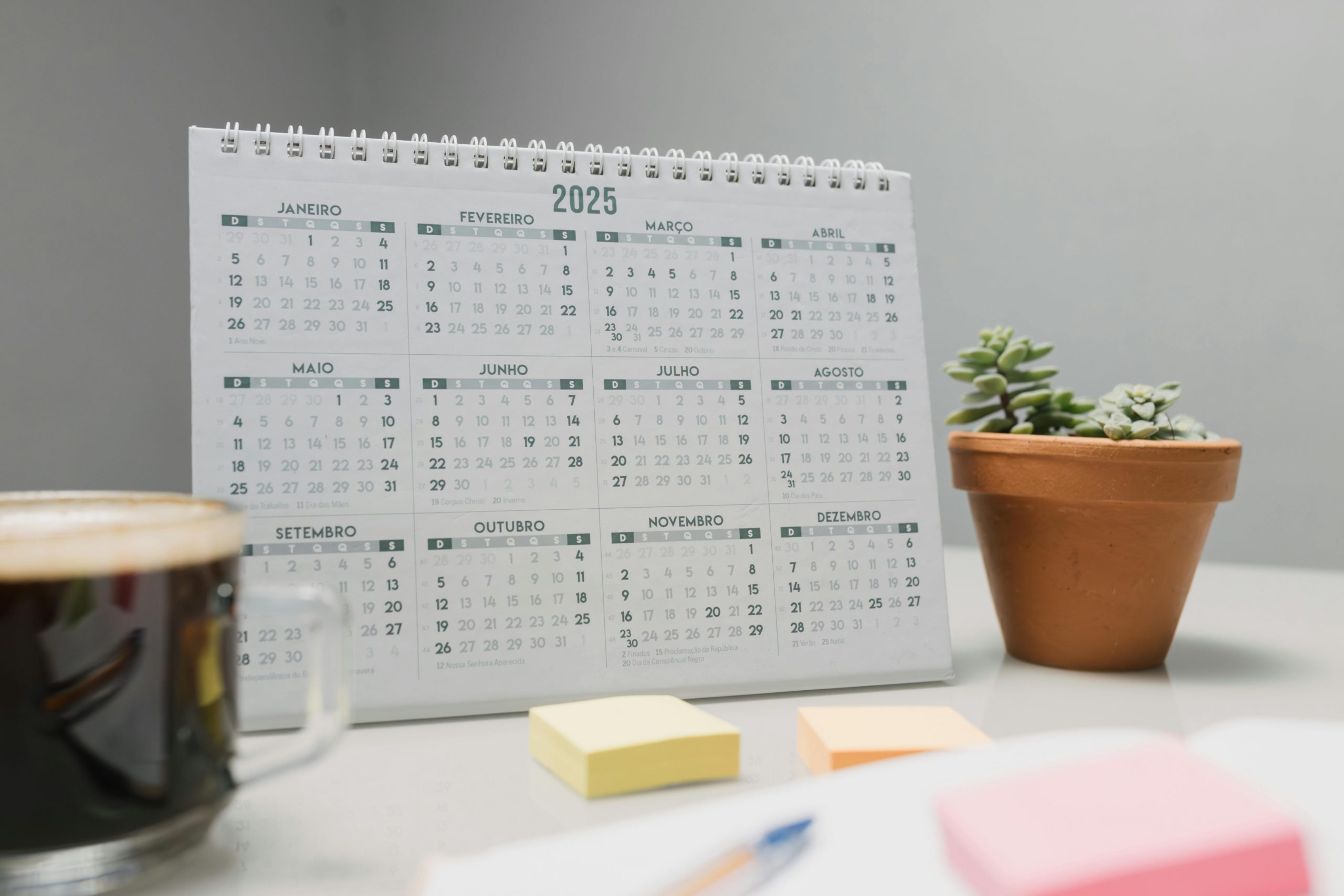Self Assessment 2025: Top Tips for UK Taxpayers
If you’re one of the 12 million people in the UK who need to complete a Self Assessment tax return, it pays—quite literally—to stay organised. Whether you’re self-employed, a landlord, or have untaxed income from savings, investments, or side work, here are our top tips to help you stay on track for the 2024/25 tax year.
 Key Tax Dates for 2025
Key Tax Dates for 2025
Let’s start with the deadlines—missing these can result in automatic penalties:
- 5 October 2024: Deadline to register for Self Assessment if you’re newly self-employed or need to submit for the first time
- 31 October 2024: Deadline for submitting a paper tax return
- 31 January 2025: Deadline for submitting your online tax return and paying any tax you owe for the 2023/24 tax year
- 31 July 2025: Deadline for making your second “payment on account” if it applies
 1. Register Early (If You Haven’t Already)
1. Register Early (If You Haven’t Already)
If this is your first time filing a Self Assessment return, you’ll need to register with HMRC—don’t leave it until the last minute. Once registered, you’ll receive a Unique Taxpayer Reference (UTR) and activation code to access HMRC’s online services.
 2. Keep Your Records Organised
2. Keep Your Records Organised
HMRC requires you to keep accurate records of income and expenses for at least five years after the 31 January submission deadline. That means for the 2023/24 tax return due by 31 January 2025, you’ll need to keep records until at least 31 January 2030.
Records might include:
- Sales and income
- Invoices and receipts
- Business expenses
- Bank statements
- Rental income and allowable costs (if you’re a landlord)
 3. Don’t Miss Out on Allowable Expenses
3. Don’t Miss Out on Allowable Expenses
You can deduct certain business-related costs to reduce your tax bill. These can include:
- Office expenses (e.g. phone bills, stationery)
- Travel and mileage
- Professional services
- Marketing costs
- Working from home allowances (if applicable)
Make sure your claims are accurate—HMRC can ask for evidence at any time.
 4. Use Accounting Software
4. Use Accounting Software
Spreadsheets work, but digital software is even better—especially with Making Tax Digital (MTD) on the horizon for income tax. Tools like Xero, QuickBooks, or FreeAgent can help you keep track of your income and expenses, and some link directly with HMRC.
 5. Understand Payments on Account
5. Understand Payments on Account
If your tax bill is over £1,000, HMRC usually asks you to make advance payments towards your next tax bill—known as payments on account. These are due:
- 31 January 2025 (first payment)
- 31 July 2025 (second payment)
Don’t get caught out—set aside funds throughout the year.
 6. Budget for Your Tax Bill
6. Budget for Your Tax Bill
Once you’ve got a rough idea of your income, start saving for your tax bill early. A good rule of thumb is to set aside 20–30% of your income, depending on your circumstances.
 7. File Early and Beat the Rush
7. File Early and Beat the Rush
There’s no need to wait until January. Filing early:
- Gives you peace of mind
- Helps you plan for your tax bill
- Avoids the risk of HMRC’s online system slowing down
Plus, if you’re due a refund, you’ll get it quicker!
 8. Speak to Your Accountant
8. Speak to Your Accountant
A good accountant can do more than just fill out forms—they’ll help you:
- Maximise tax reliefs
- Avoid common pitfalls
- Plan ahead for future obligations
Whether it’s your first return or your fifteenth, professional advice is often worth its weight in gold.
Need a Hand With Your Self Assessment?
We’re here to help you stay compliant and stress-free. Whether you’re self-employed, a landlord, or juggling multiple income streams, we’ll make sure your tax return is accurate, submitted on time, and as tax-efficient as possible.
Get in touch today and take the pressure off tax season.

